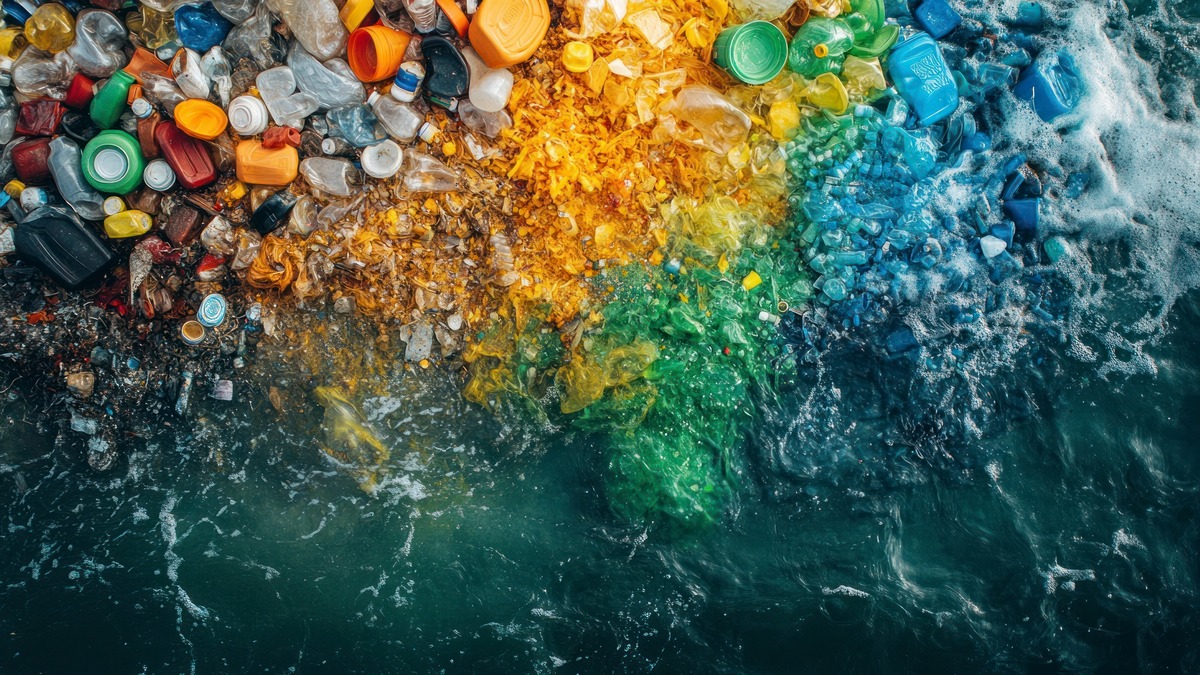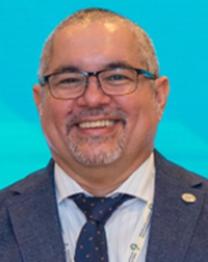5th UN Ocean Forum side event: From land to sea - Scaling innovations to tackle marine pollution

Marine pollution is a critical threat to ocean health, with 80% originating from land-based activities, of which 85% is plastic waste (UNEP, 2021). This pollution endangers ecosystems, biodiversity, and livelihoods, turning the ocean into a "bottomless trash bin."
2025 marks the deadline for SDG 14.1, which aims to significantly reduce marine pollution, especially from land-based sources. While innovative solutions have made progress, plastic trade continues to rise. UNCTAD statistics on global exports of plastics and plastic-based goods show this trade more than doubled in value since 2005, reaching $1.2 trillion in 2022. However, non-plastic substitutes are expanding rapidly, with global exports reaching $831 billion in 2022, growing 30% faster than plastics (UNCTAD, 2022).
Entrepreneurs play a key role in driving scalable solutions to the pollution crisis, from sustainable materials and biodegradable technologies to circular plastic systems and alternative food sources. By leveraging trade, these innovations can create a global impact.
This session brings together beneficiaries and partners of the UK-UNCTAD Sustainable Manufacturing and Environmental Pollution (SMEP) Programme, and will highlight real-world solutions addressing marine pollution at its source, featuring biodegradable materials, cultural upcycling in coastal communities, novel seaweed-based foods, and circular natural fibres from agricultural waste to reduce reliance on synthetic textiles, a major source of ocean pollution.
Objectives
- Contribute to discussions at the UN Ocean Conference 2025 (Nice, June 2025) by highlighting scalable, market-driven solutions.
- Connect policymakers, trade experts, businesses, and innovators to explore strategies for integrating sustainability into global trade.
- Showcase successful SMEP-supported initiatives that align innovation with policy and investment, advancing SDGs 12 and 14.
Programme
Moderator: Mr. Henrique Pacini, SMEP Programme Lead, UNCTAD
3:00 - 3:10 p.m. Opening Remarks by Chantal Line Carpentier, Head, Trade and Environment, UNCTAD
Speakers:
- Mr. James Boyd-Moss, Mananasi Fibre (Kenya): Scaling banana & pineapple fibres for sustainable textiles
- Mr. Dipesh Pabari, The FlipFlopi Project (Kenya): Community-engaging & creative circular economy models for plastic waste
- Ms. Emma Algotsson, Catchgreen (South Africa): Biodegradable solutions for fishing gear and seaweed farming
- Ms. Julia Reisser, Uluu (Australia): Seaweed-based compostable plastics (PHA)
- Ms. Alejandra Allendes, Quelp (Chile): Seaweed-based food systems for sustainable nutrition
- Mr. Alejandro Rivera Rojas, UNIDO: Strengthening local industries for a sustainable ocean economy
4:00 - 4:30 p.m. Moderated Q&A
Emma Algotsson is the founder and project lead of Catchgreen, a South African startup and collaborative research initiative tackling marine sustainability. Under her leadership, Catchgreen has pioneered the development of specialized marine compounds and executed successful fishing net trials—including pilot programs in Kenya focused on seaweed farming and gear exchange. These innovations directly address critical challenges such as abandoned, lost, or discarded fishing gear (ALDFG), ghost fishing, and ocean plastic pollution.
With over eight years of experience in the trade and manufacturing of biodegradable and compostable plastics, Emma is also the founder of the South African Compostable Plastics Council (COPCO). COPCO advocates for the compostable plastics industry, promoting alignment with international certification standards and driving sustainable product innovation.
Emma holds an M.Phil from the University of Cambridge and a CPE in Law from City, University of London. Her work is driven by a deep commitment to creating solutions that serve both the planet and its people.

30 years of professional experience in the development of innovation, science, and technology policies and ecosystems; industrial resources efficiency use and circular economy, innovation management standards; quality infrastructure for market access of fisheries and aquaculture, SMEs upgrading and digital transformation.
Currently coordinating UNIDO Task Force efforts related to the Blue Industry Programmatic Framework development and its contribution to the Blue Economy.



